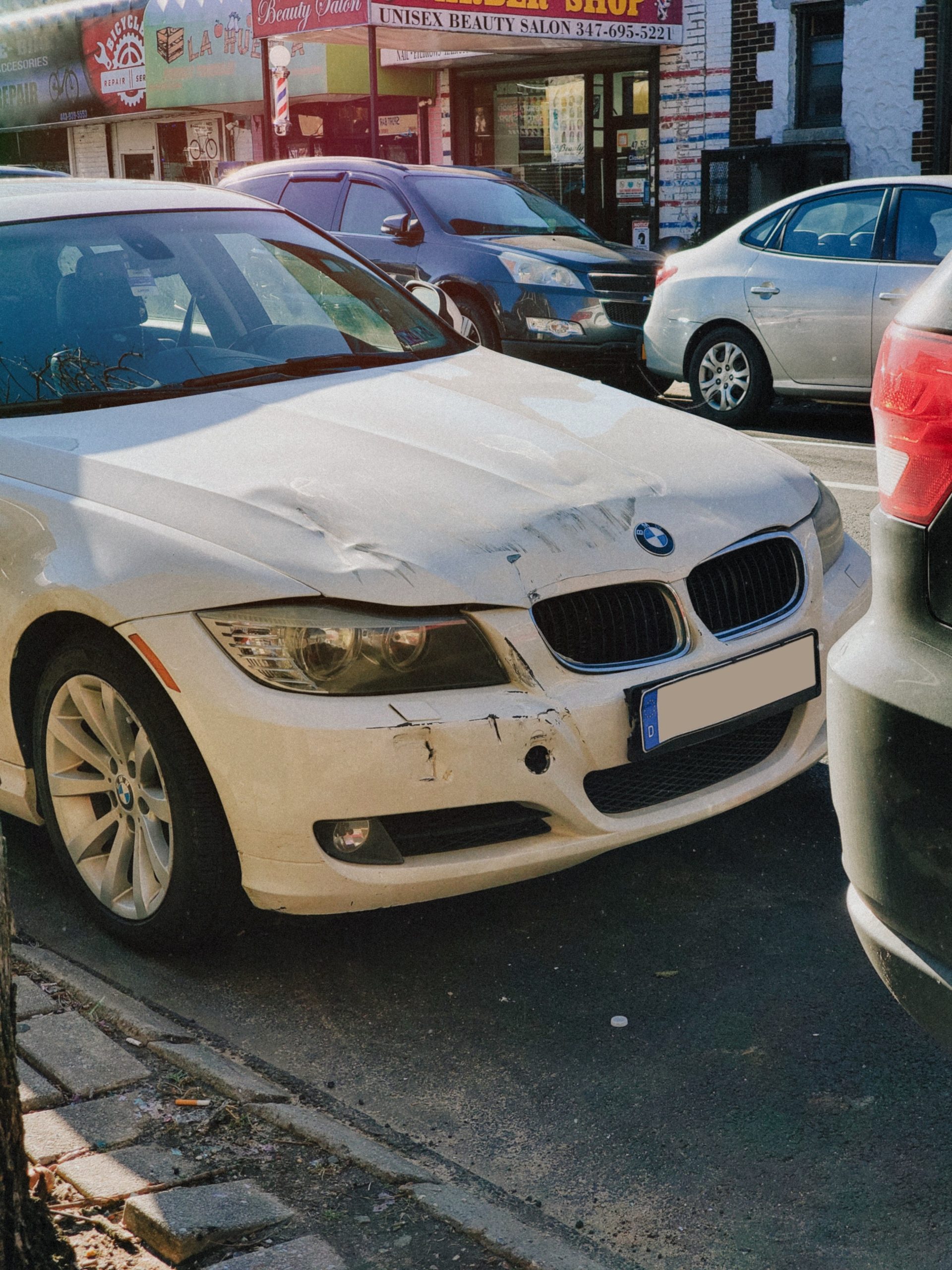5 Factors That Affect The Cost Of Your Monthly Insurance Premiums
Your car insurance costs are, in a way, a reflection of who you are as, in most instances, the rates you pay are determined by factors such as where you live and your driving history.
Your car insurance costs are, in a way, a reflection of who you are as, in most instances, the rates you pay are determined by factors such as where you live and your driving history.
By H&H Admin
Being involved in an accident is almost unavoidable on our roads and should you find yourself in such a situation there are a few things you can do to avoid making the situation worse.
Whether it’s a mild fender bender or something more serious, these are the six things you need to avoid at all costs.
Regardless of who is at fault try to maintain your cool. Do not scream, make accusations or derogatory remarks which could further inflame the situation. Instead, take deep breaths and work towards diffusing the situation by asking the other party if they are ok. Remember, everyone is under enormous pressure and neither you nor the other party needed the added stress regardless of who was in the wrong.

Unless the damage is such that the vehicles cannot be moved it would good and considerate of you to move your vehicle out of the way. In order not to cause further incidents, your first priority is to pull your vehicle off to the side of the road to a safe distance from traffic. After turning on your hazard lights simply exit your car and approach the other driver in a non-threatening manner. “
You must report the accident within 24-hours. No matter how minor the situation, you must report the accident and obtain an accident number for reference. Sorting things out yourself could lead to expensive repairs and mis-communication further down the line.

Your insurance agent should always be called after you’ve exchanged the following information with the other driver: name, address, phone number, insurance company name, license plate number, name of the vehicle owner and car year/make/model/color. The police accident report will also be required which will give details of the accident such as the location, the time of the crash and a summary of what happened. Pictures of the damage done to your vehicle will also come in handy so make sure you take as many as possible including road markings and damage to all vehicles involved.

Some drivers—if they’re at fault and face possible legal and/or insurance issues because of their record—might offer what looks like a sufficient amount of cash to “fix the problem without contacting police or insurance companies.” This is a bad idea. “Even if it doesn’t look like it will cost that much to fix your vehicle because you have no way of knowing how expensive it may actually get. There’ could also be damage that you can’t see. Contacting police and your insurer is absolutely essential.
Being involved in an accident can be both traumatic and frustrating and in the ensuing panic you may say or do something which could work against you further down the line.
With international travel restricted for South Africans due to the latest COVID-19 variant, there will be an increased number of vehicles on our roads which could lead to a higher than usual rate accidents.
Motor vehicle insurance has been described as a necessary evil – but necessary it is!
There are just over 11 million registered vehicles in South Africa (excluding caravans and trailers). According to statistics, the majority of these vehicles – around 60-70% are uninsured. This means that to keep you on the road, insurance is not a luxury, but a necessity.
Motorists who are opt to have insurance, often choose insurance products based on the lowest available premiums, rather than from a point of understanding the benefits and disadvantages of the products they are consider buying.

Granted, it is sometimes difficult to find insurance which matches your pocket, and which gives you the cover you need or want. For this reason, it is necessary for motorists to read their policies carefully, so as to understand all the aspects of the insurance they are planning on taking. Too often, low premiums sound good but fall short when claims are made.
A good example is an excess fee which may be payable when a claim is made. An excess is a fee you pay towards a claim for loss or damage to your car, regardless of who is to blame.
A company offering a low monthly premium, for instance, may require a substantial excess in the case of loss or damage. When this happens some people are shocked to discover that the costs of repair to a vehicle may be carried entirely, or in part, through the excess fee, with little or no money being paid-out by the insurer. In this case lower monthly premiums, will not count for much as the motorist still has to pay a big portion of the costs out of their own pocket.

Equally important, is an understanding of the terminology of used in insurance contracts. Motorists must ask for clarification of any unclear clauses before committing to a specific insurance policy.
Critical questions to ask when considering insurance are:
Consumer education is vitally important for motorists. It is not enough to merely rely on one’s countless years of driving experience, vehicle safety features or lucky charms. By virtue of being on the road you are at great physical, mental and financial rise if you drive an uninsured car.